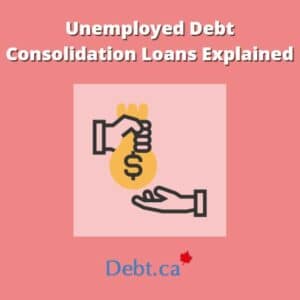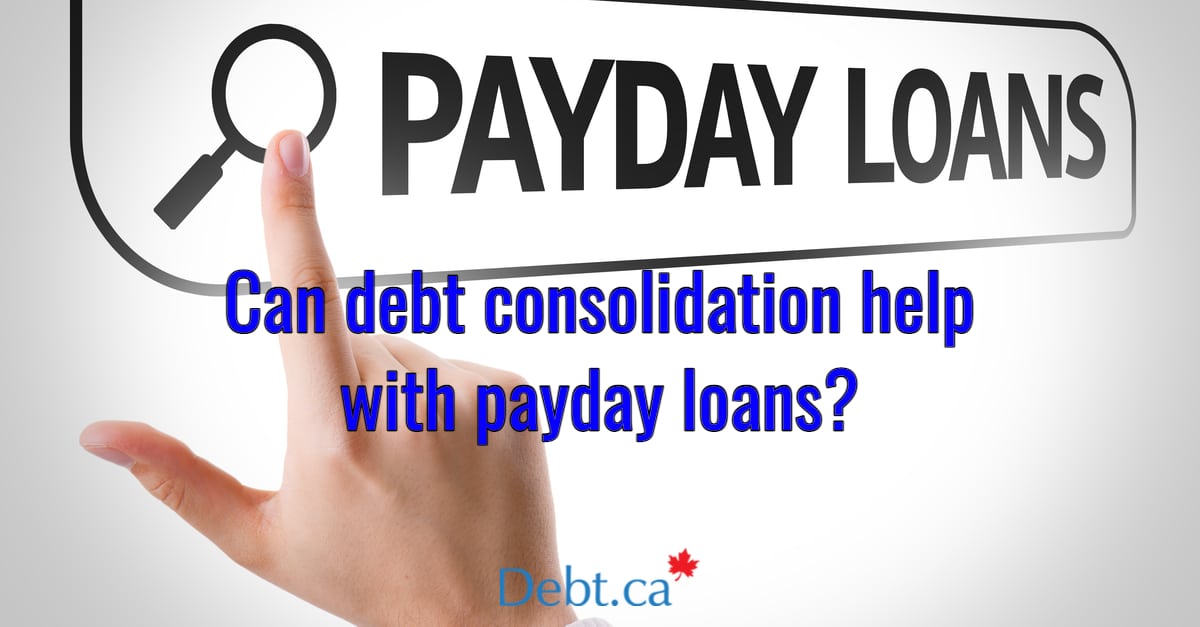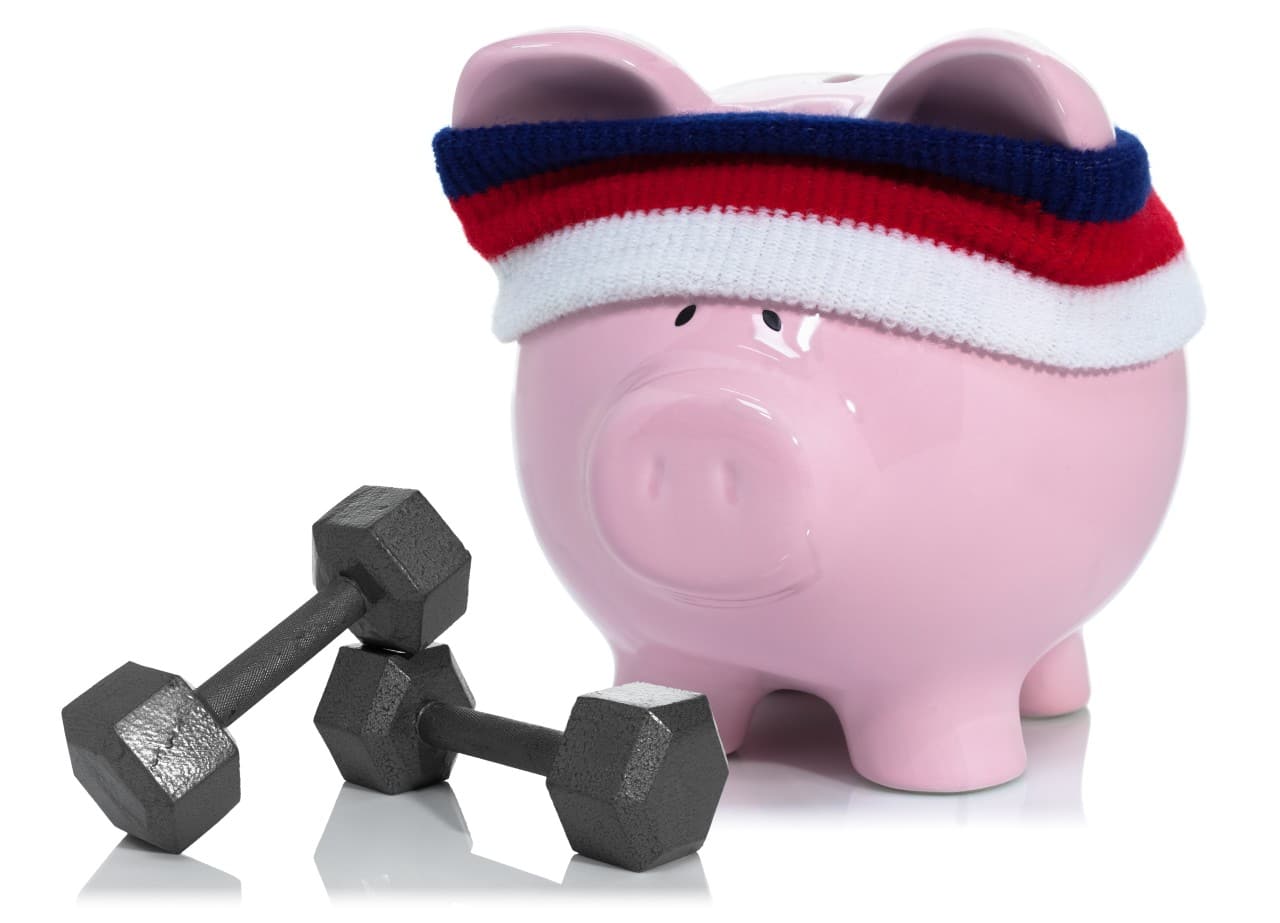Between the cost of living going up and rising interest rates, more and more Canadians are finding it hard to pay off their debt. At one point or another, the majority of us will borrow money. It might be a student loan, to buy your first home, or to pay off a bill while you wait for a cheque to come in. Taking out loans can be beneficial in some cases, like using credit cards and paying them off right away to up your credit score. Often, people take out money when they are in a tough financial situation and don’t have the funds on hand. This is where debt becomes a problem. One solution is a consolidation loan, but is it the right option for you? Read on to learn more.
What is a consolidation loan?
There are many options when looking at debt repayment; one of them being consolidation loans. A consolidation loan starts by taking out a loan large enough to pay off all your outstanding debt. All the other debts are then paid off using the funds from the consolidation loan. With just one payment to make, a consolidation loan simplifies your finances. Ideally, the terms of the consolidation loan will also save you money by way of a lower monthly payment and interest rate.
These loans are usually unsecured. This means the consolidation company needs to trust that you will pay your fees without the extra assurance of collateral. That’s why most cases of consolidation loans require good credit for you to qualify.
It is still possible to qualify with bad credit, however, the lender will sometimes require that collateral be put up, such as a home. This comes with high risk because if you can’t make payments, you could lose some big assets.
Why a consolidation loan might not be the best option
Before you get started on an application, you might want to make sure this is the right solution for you. Reasons it might not be a good idea are:
Credit score matters
As previously stated, most lenders require good credit to be willing to lend, with the minimum typically being around 650.
It can be more expensive
Typically, consolidation loans have a lower interest rate. They also tend to try to keep monthly payments low. Both are great news! The other side to that is, you’ll be paying for a longer period of time. So even though interest could be lower, you end up paying more because you’re paying longer.
Can take longer to pay off debt
Generally, consolidating debt means a lower monthly payment, which is great for your immediate cash flow needs. What that often also means is a longer period of time before your debt is paid off. It’s about making the decision as to whether having the extra cash flow now is worth a lengthier debt process.
Encourages more debt
If you have unresolved poor spending habits or an unstable living situation, debt consolidation could land you in hot water. With the balances on your original credit cleared, there could be a temptation to use them again. The accumulation of more debt before paying off your original debt load will leave you in a worse situation than what you started with.
Qualifying requirements
Only certain debts qualify to be paid off using a consolidation loan, such as:
- Credit cards
- Unsecured debt
- Tax debt
- Child support arrears
Signs you should get a consolidation loan
Once you are sure consolidation isn’t wrong for you, a few more things can assure you it’s right.
If you have a variety of loans with high interest rates, debt consolidation’s low-interest rates will likely save you money. On top of that, the higher your credit score, the more likely you are to get a low-interest rate. Ideally, a credit score of 720 or higher will get you the best deals.
If your cash flow allows you to make monthly payments without cutting into necessary expenses, a consolidation loan could be a good fit for you.
How to get a consolidation loan
When looking into consolidation loans, you should take the proper steps to get one instead of rushing for an application.
- The first thing you want to do is check your credit score so you know which programs you actually qualify for. This saves you the time and energy of approaching companies that can’t help you.
- Gather all your documents: bank statements, recent pay stubs, tax returns, and so on. Having everything ready to go speeds up the process when looking into multiple companies. There won’t likely be much difference in the documents they ask you to provide.
- Get estimates from your current lenders.
- Look into the rates of multiple lenders, and decide which is the best fit for you.
- Submit your application and await your funds.
Alternative debt management options
If you’ve gotten this far just to find out consolidation loans actually aren’t right for you, you might be wondering what your options are. Luckily, there are a ton of other things you can do to become debt-free! Let’s take a closer look below.
Credit card balance transfers
This method is best suited for smaller credit card debts. To do this, you need to get a balance transfer card, which usually offers a 0% APR interest rate for the first 6 to 18 months of your purchase. By moving your existing credit onto the new card, you now have that time period to pay off your debt without accumulating any more interest on it.
Personal lines of credit (LOC)
This is a personal loan you can apply for through your bank or credit union. It functions similarly to a credit card, in that as you pay off the balance it’s available for you to use to use again. The difference is that personal lines of credit usually have a much lower interest rate. This can be helpful in emergencies but isn’t very useful when it comes to cutting down your debt.
Home Equity Line of Credit
There are options specifically for homeowners. A Home Equity Line of Credit is a secured loan based on the value of your home. There is a high risk involved in this option. If you default on the loan you could lose your house. The benefit of this option is a a very low interest rate.
Debt management program
This is another way of consolidating your debt. Instead of taking out a loan, you work with a credit counselling company to come up with a repayment plan. When you hire the agency, they contact your creditors for you to lower your interest rates and come up with a plan that works for your budget. The only requirement for this is that your income is enough to cover the monthly payments.
Conclusion
When looking at all these options, keep in mind that consolidation loans aren’t the same as debt relief. Your debt isn’t being wiped clean, it’s just being shuffled around. Nevertheless, under the right circumstances, it can be a very useful tool on the road to financial freedom. If you need more information on debt relief options, contact us today. One of our trained professionals will be more than happy to help you out.










